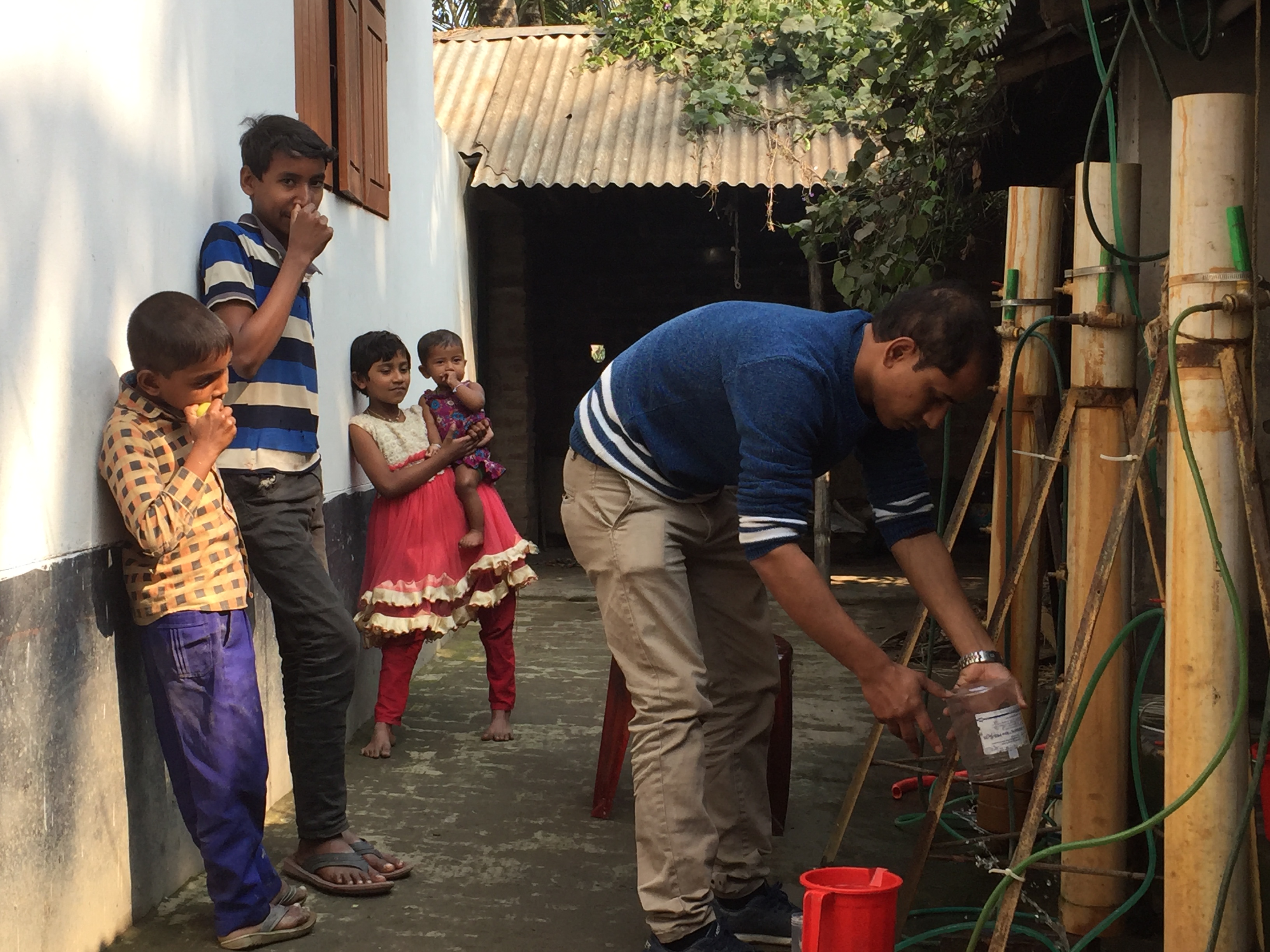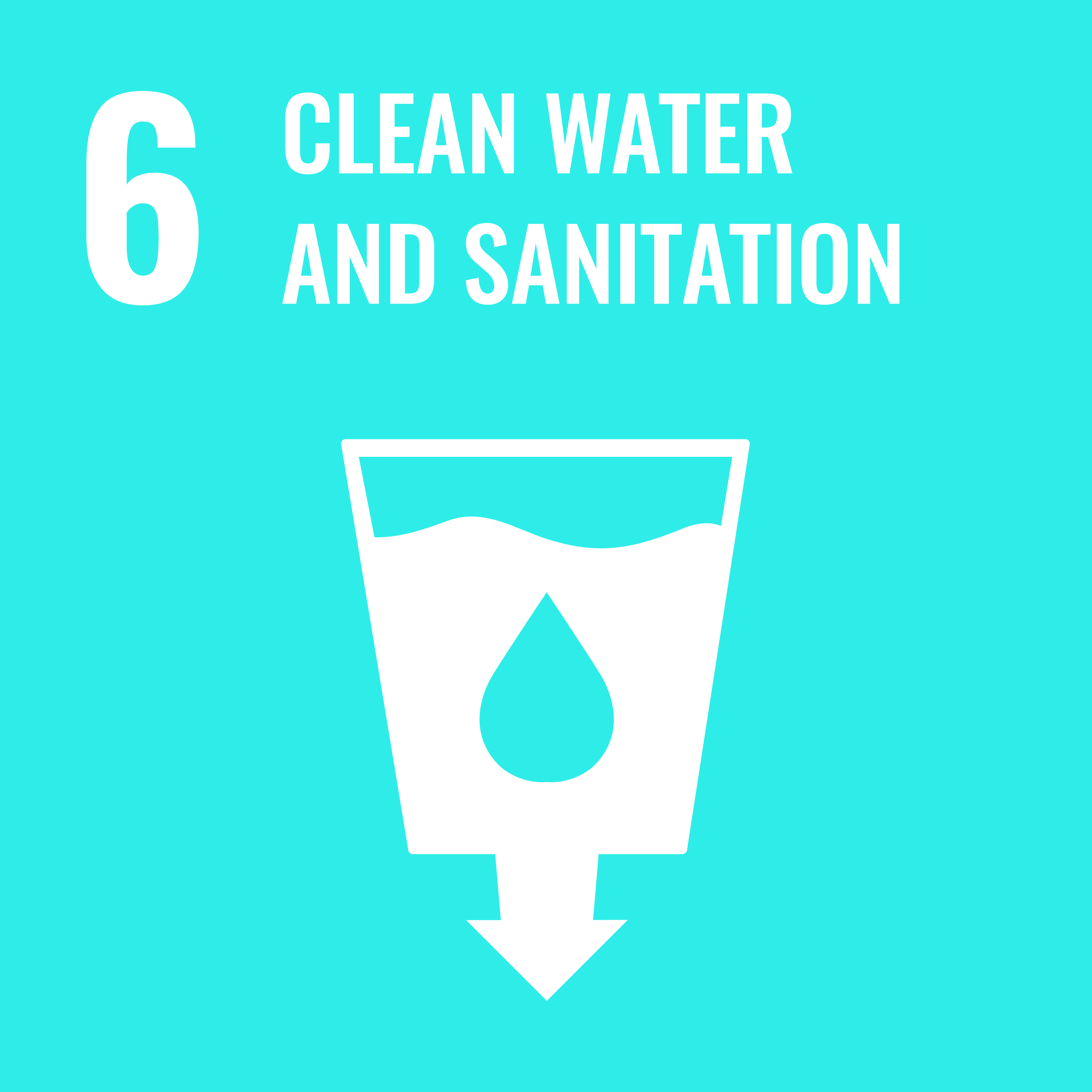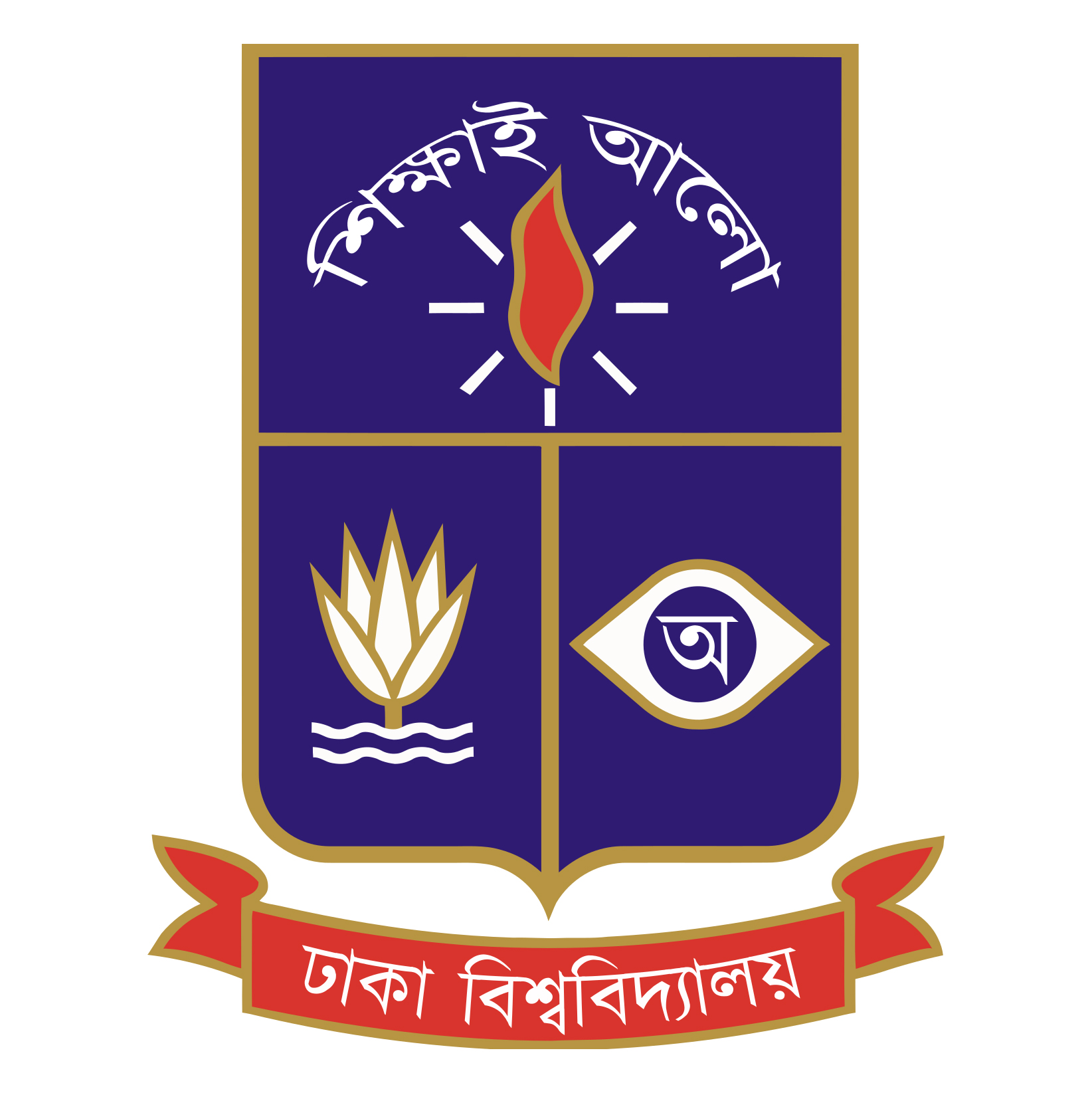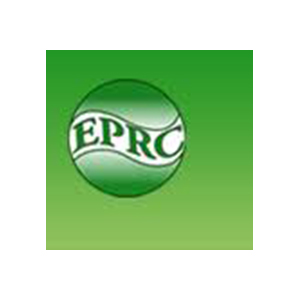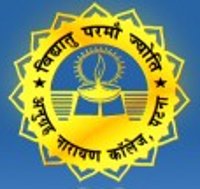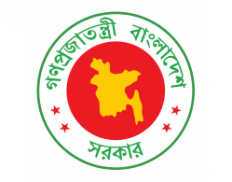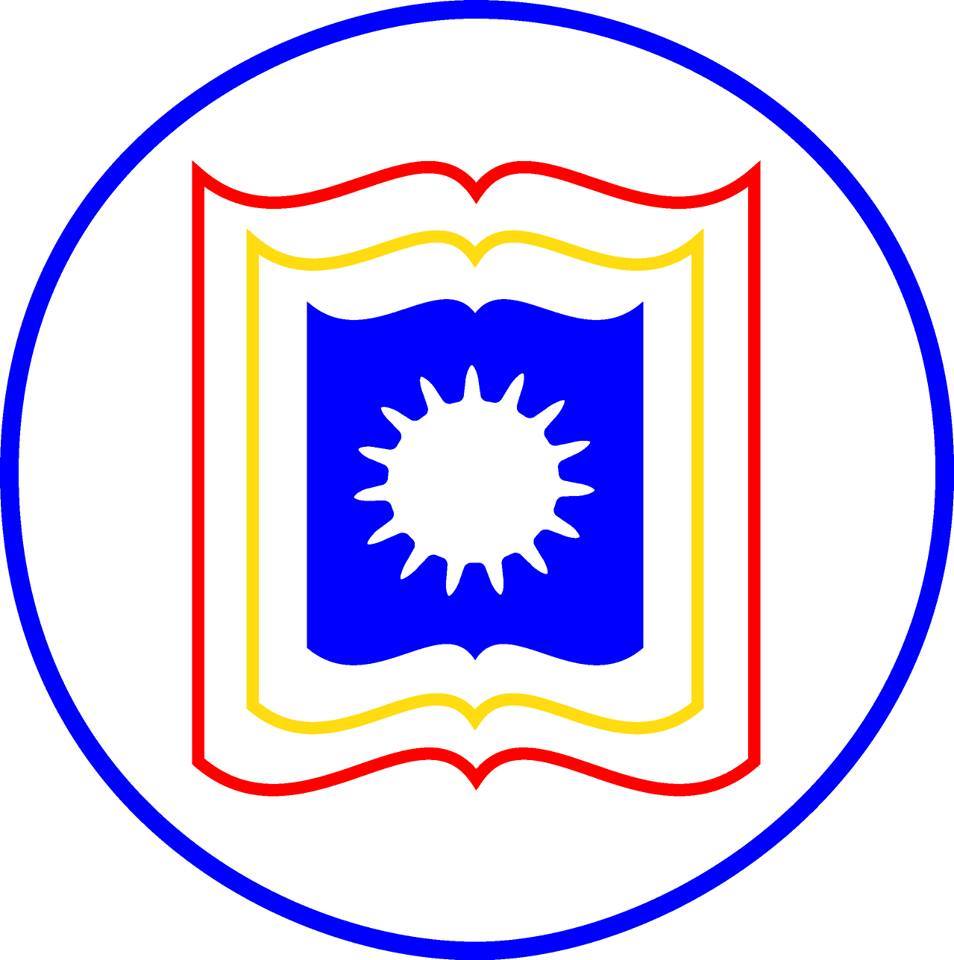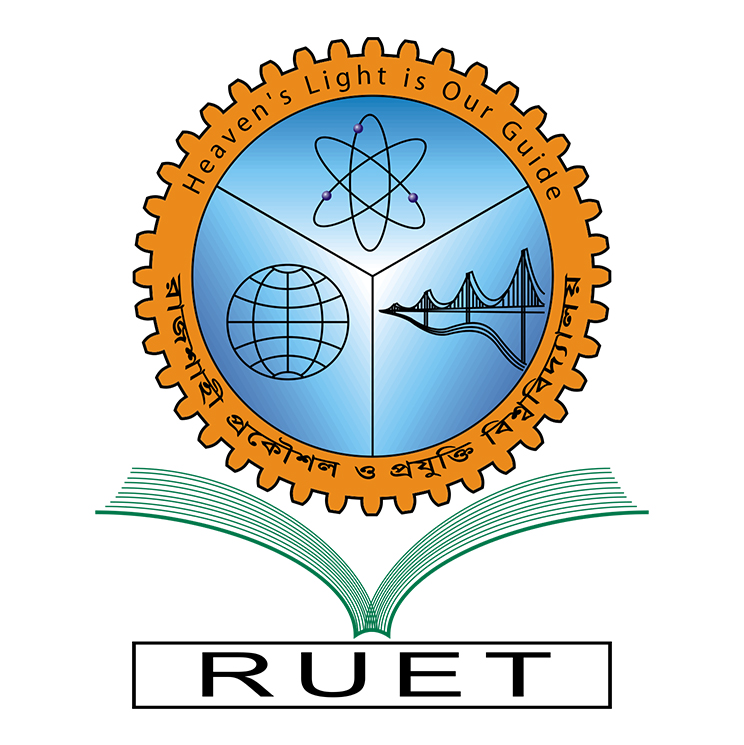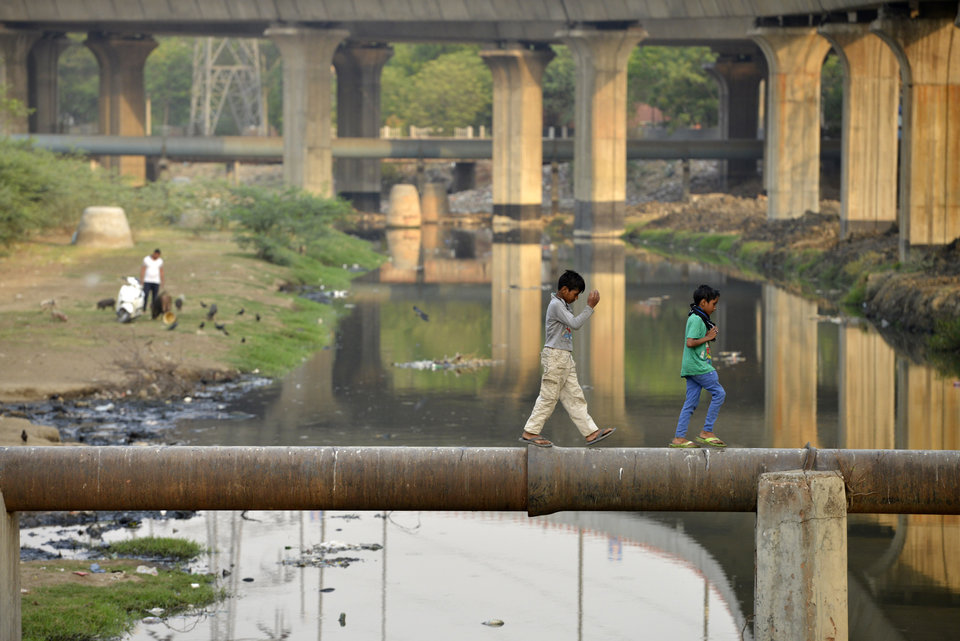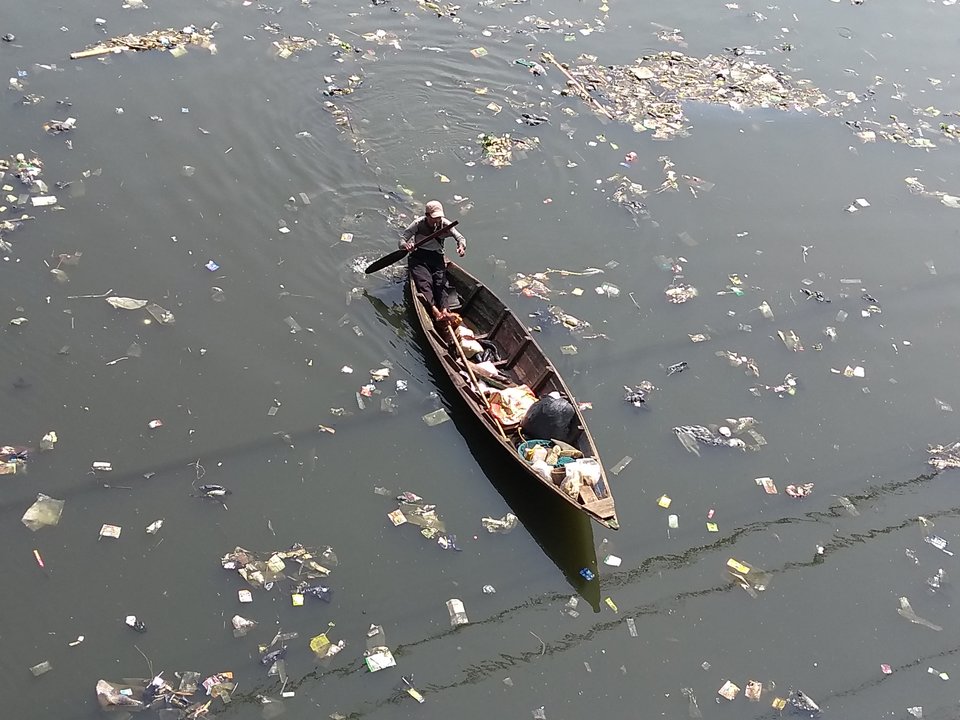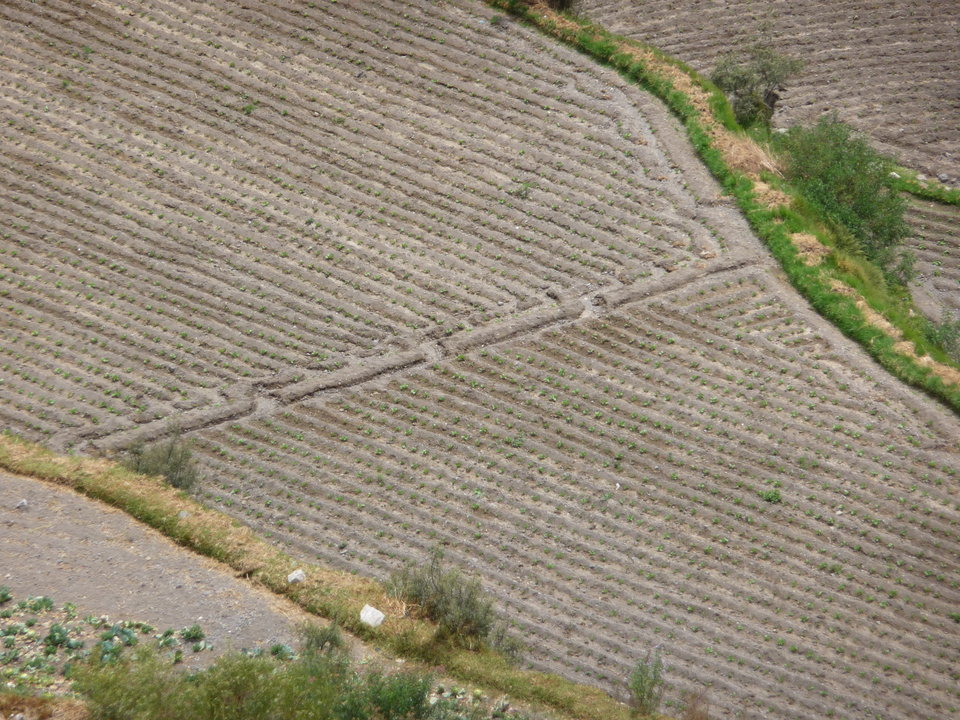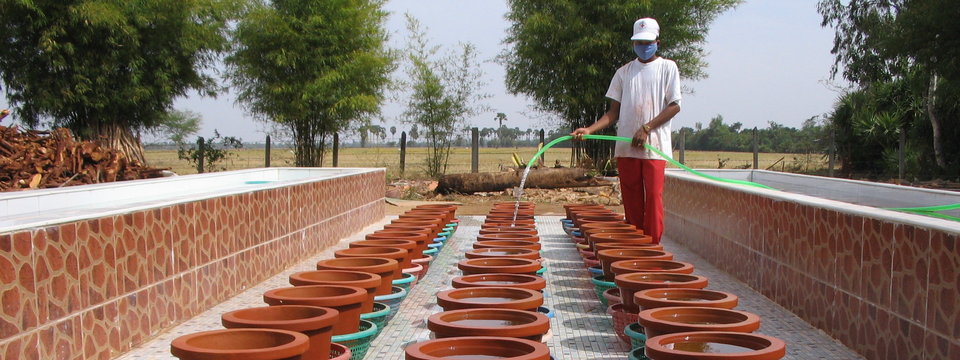DELTAP: Actionable science in arsenic-contaminated deltas
Arsenic-contaminated groundwater can cause serious health risks. Long term exposure to arsenic can cause cancer of the skin, lung, bladder and kidneys. Many people living in the Ganges-Brahmaputra-Meghna Delta (in India and Bangladesh) have been facing these risks for years.
DELTAP is an interdisciplinary research project where geologists, water scientists and industrial design engineers join forces to develop an integrated approach towards safe water supply in the arsenic-affected Ganges-Brahmaputra-Meghna Delta. With this approach, arsenic-safe aquifers are identified with the objective to supply arsenic-free bore hole water. Where no safe source can be located nearby, locally-made and affordable water filters are being developed for arsenic removal.
The interdisciplinary, on-the-ground action research was conducted in the hometowns of the Bangladeshi and Indian PhDs in the project. This required quite some flexibility of the project consortium, but generated insights that would have otherwise remained hidden. Co-creation and human-centred design, where end-users are activated to collect data with smartphones and to design their own filters, are key characteristics of the project.
Involved partners
More Water for Impact Projects
TU Delft | Water for Impact is a programme of TU Delft | Global Initiative.

